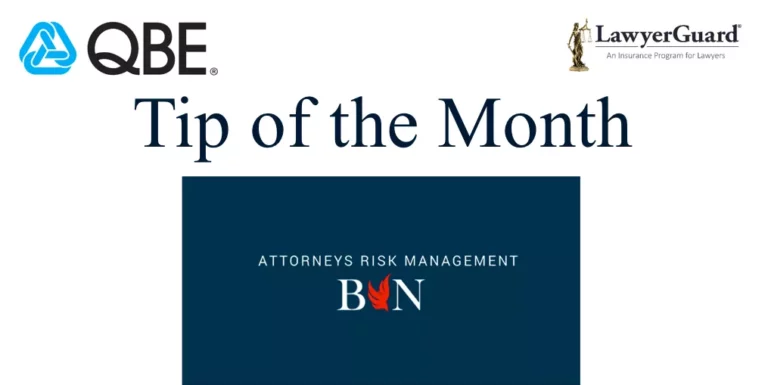
QBE-LawyerGuard – Tip of the Month – Lawyers’ Fraud Avoidance Duties Clarified
According to a report by the American Bar Association (ABA) in 2017, cyber attacks targeting law firms have been on the rise, and the cost
Please note! At this time, eno.insure is unable to write any business property insurance in the state of Florida. This will include, but may not be limited to, Business Owners Policies, Business Personal Property, General Liability, Commercial Auto, Commercial Umbrella.
Home » Commercial Insurance

Get a Quote Contact Us Schedule a Meeting Email: info@eno.insure Call: (888) 365-4505
Share
What is Commercial Insurance?
Commercial insurance is a type of insurance designed to protect businesses from financial losses related to their operations, employees, and other business activities. Commercial insurance policies are customizable to meet the specific needs of individual businesses and typically provide coverage for a variety of risks, including property damage, liability, and loss of income.
Commercial insurance can provide important protection to businesses of all sizes and industries, helping to minimize financial losses and mitigate risks associated with business operations.
What does Commercial Insurance cover?
Commercial insurance can cover a wide range of risks and exposures that businesses may face in the course of their operations. Here are some of the types of coverage that are commonly included in commercial insurance policies:
The coverage provided by a commercial insurance policy will depend on the specific needs and risks of the individual business. It’s important to work with an experienced insurance provider to determine the appropriate coverage for your business.
What doesn’t Commercial Insurance cover?
While commercial insurance policies can provide coverage for many types of risks and exposures that businesses may face, there are some things that are typically not covered. Here are some examples:
It’s important to review the specific terms and exclusions of your commercial insurance policy to understand what is and is not covered. If you have any questions or concerns about your coverage, be sure to contact us.
Our Carriers
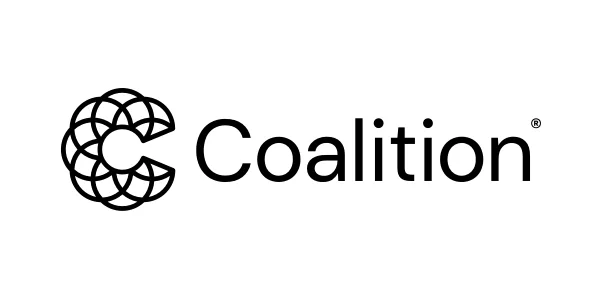
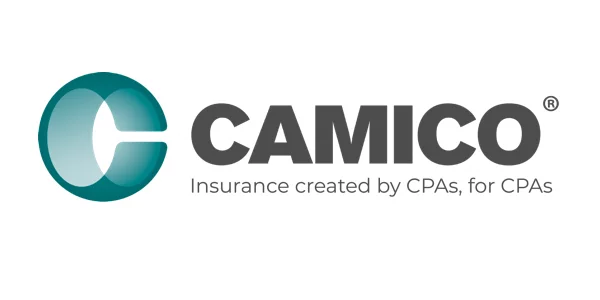
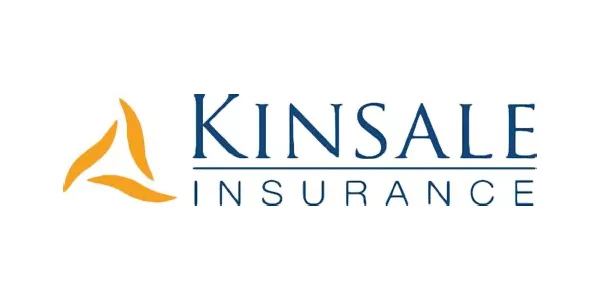
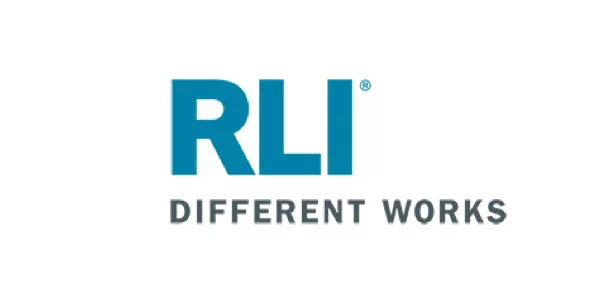
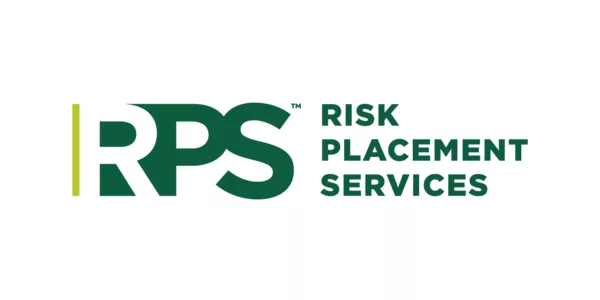
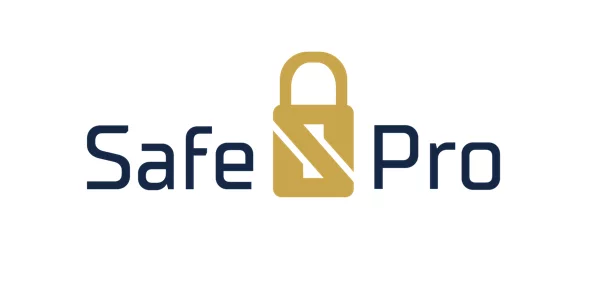
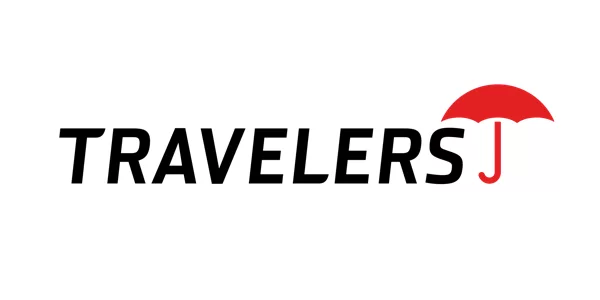
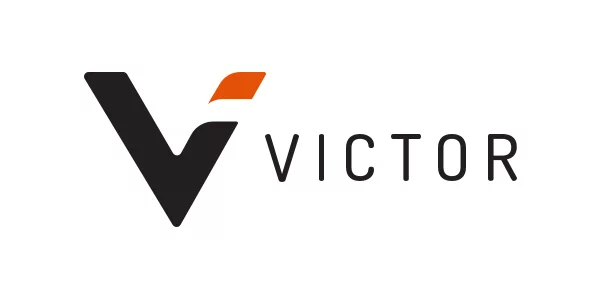
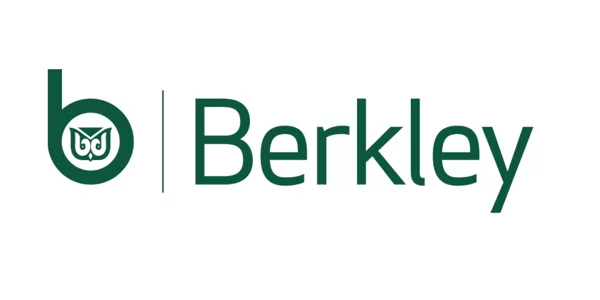
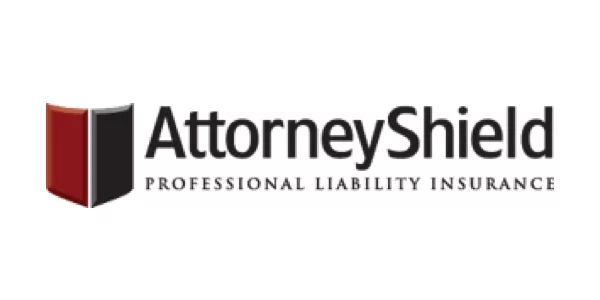
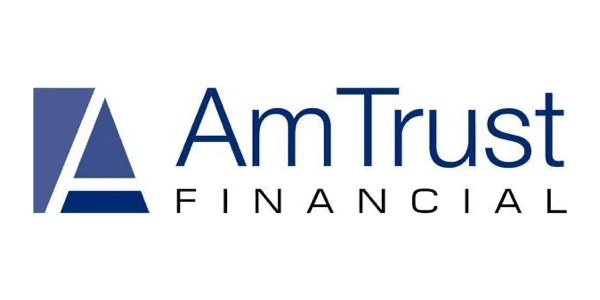
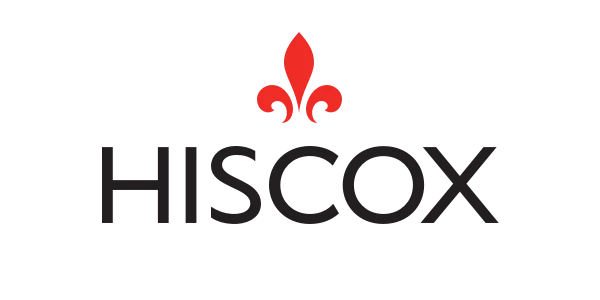

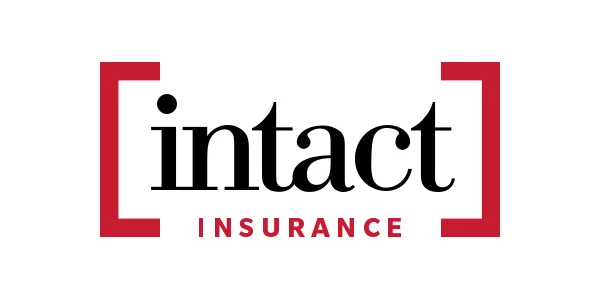

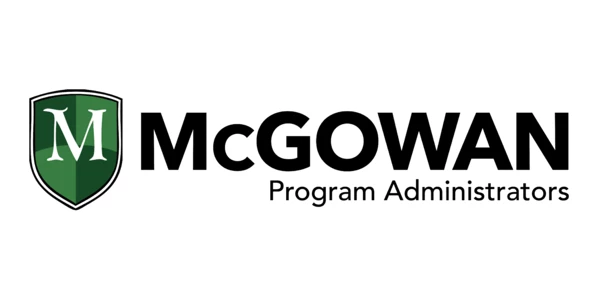


ENO Insurance Agency is a family-owned and operated business that has been providing professional liability insurance to clients for over 20 years. We take pride in our ability to provide our clients with personalized service and customizable insurance solutions that meet their specific needs. Our knowledgeable and experienced staff is dedicated to providing our clients with the best service possible.

Adam Gwaltney, President, COO
Who needs Commercial Insurance?
Business insurance is important for any business, regardless of its size or industry. All businesses face a variety of risks and exposures that could lead to financial losses or legal liabilities. Business insurance can provide protection against these risks and help to minimize the financial impact of unexpected events.
Here are some examples of businesses that may need business insurance:
Business insurance is essential for any business that wants to protect itself against financial losses and legal liabilities. The specific types of coverage needed will depend on the nature of the business and the risks it faces. It’s important to work with an experienced insurance provider to determine the appropriate coverage for your business.
What Policy Limits are right for my business?
The appropriate policy limits for your business will depend on a variety of factors, including the size and type of your business, the level of risk associated with your industry, and the specific risks and exposures that your business faces.
Here are some general guidelines to consider when determining the appropriate policy limits for your business insurance:
It’s important to work with an experienced insurance provider to determine the appropriate policy limits for your business insurance. They can help you assess your risks and exposures and recommend coverage options that will provide adequate protection for your business.
How much does a Commercial Insurance policy cost?
The cost of business insurance can vary widely depending on a variety of factors, including the size and type of your business, the industry you operate in, the specific risks and exposures you face, and the types and limits of coverage you select.
Here are some factors that can impact the cost of your business insurance:
To get a better idea of the cost of commercial insurance for a specific business or profession, it’s best to consult with us so that we can provide a customized quote based on the individual needs and risk factors.
Where is the eno.insure team licensed to sell Professional Liability Insurance?
The eno.insure team is licensed in the following states:
Share

According to a report by the American Bar Association (ABA) in 2017, cyber attacks targeting law firms have been on the rise, and the cost

Register for the webinar here.

Despite the emergence of generative AI technologies, the fundamental best practices and security standards for lawyers have remained steadfast. While AI can automate certain tasks
ENO Insurance Agency is a family-owned and operated business that has been providing professional liability insurance to clients for over 20 years.
Sign up for our newsletter to enjoy business tips, inspirations, and invites to free CLE webinars if you are a lawyer.